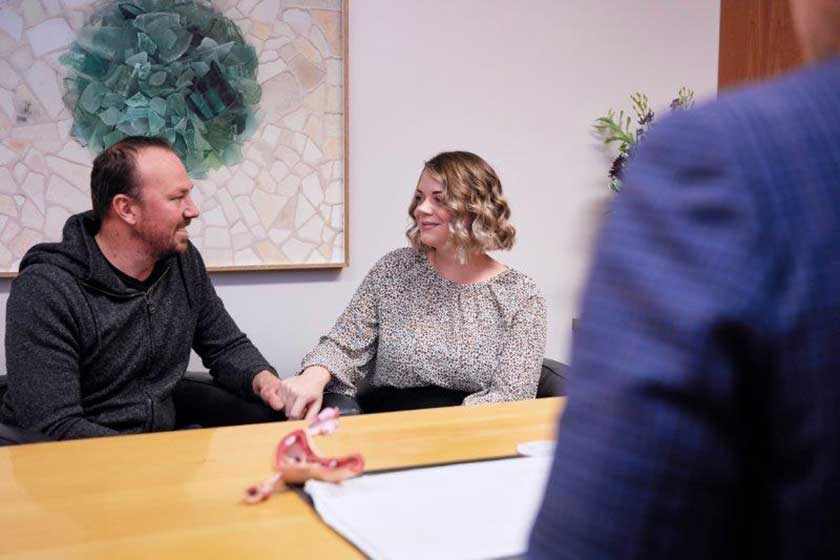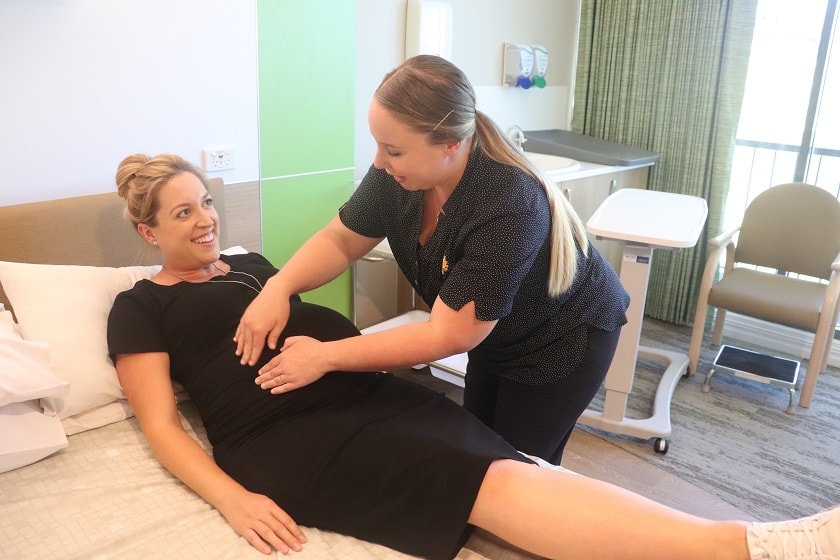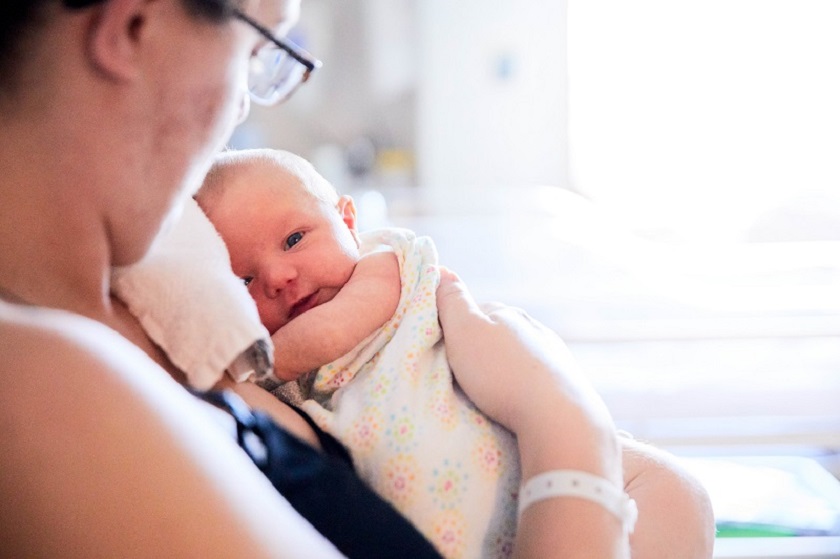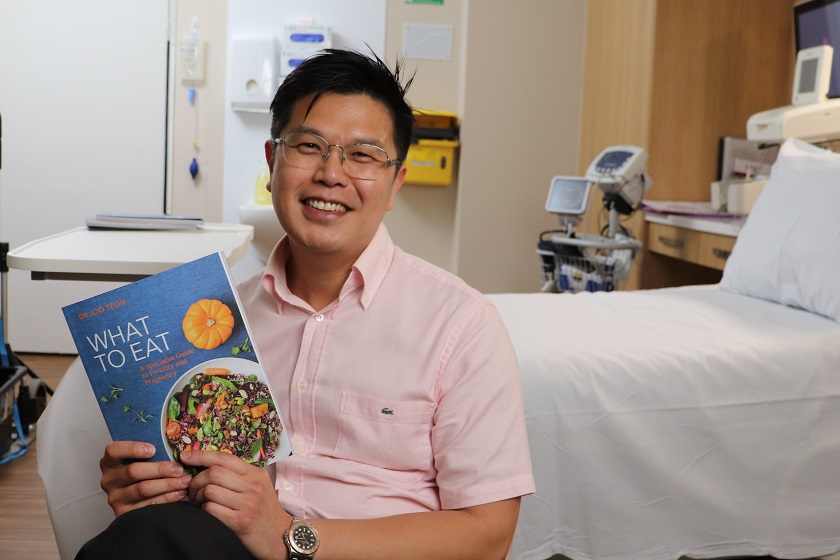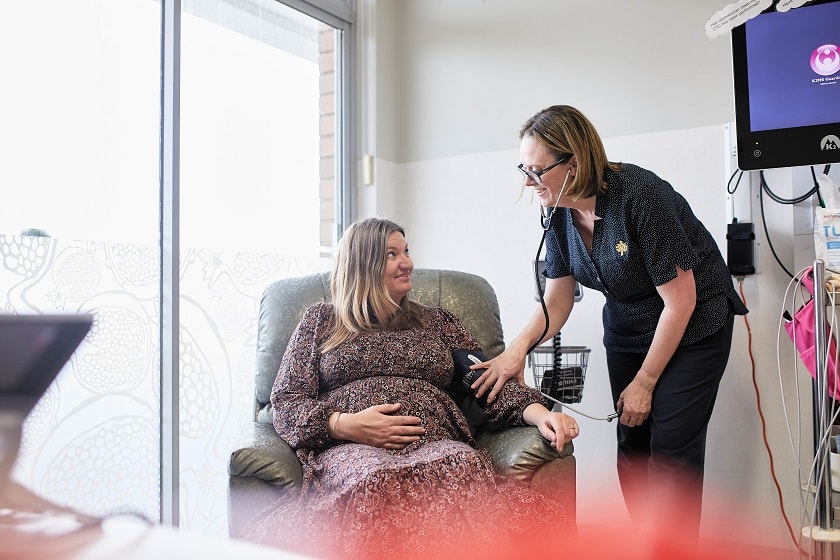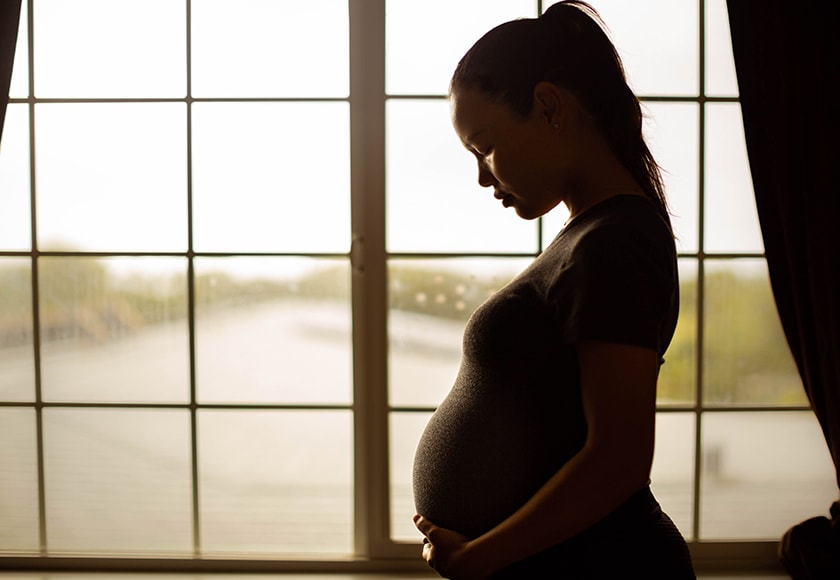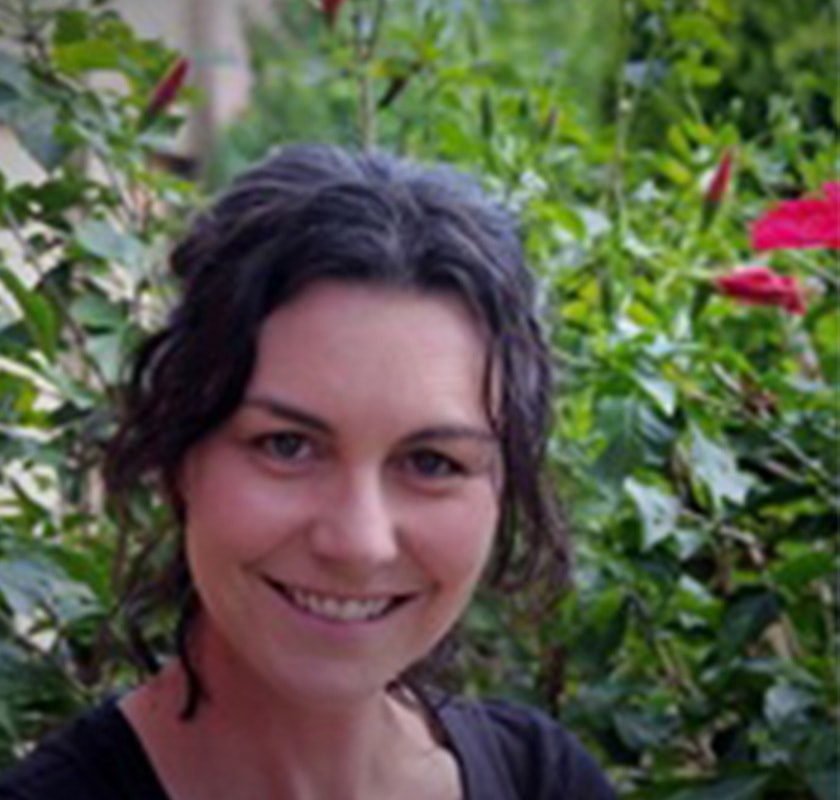Now, I know we said congratulations in the intro and you might be thinking “hang on, that’s a bit premature isn’t it?”
In my experience, it isn’t.
Taking the leap to try for a baby is a huge decision and one that you often go into after many discussions with your partner about finances, parental leave, parenting styles and more.
It’s a huge decision, so great work on getting there
Now that you have made the decision, you probably want to get pregnant straightaway.
I’ve listed some of the easy steps you can take to help stay healthy and well during this time, and also ways to improve your chances of conceiving.
Remember if you don’t fall pregnant after some time, you can always speak to your GP, and if you are finding it is taking a toll on your mental health you might want to speak with our mental health experts at St John of God Raphael Services.
Tips to help you conceive
Stop taking contraception
This is probably a no-brainer, but for many it is such a habit that you need to actively remind yourself to stop.
Stop drinking alcohol and smoking
This can help improve your overall health and wellbeing, and also ensures that when you do conceive your baby won’t be adversely affected.
Cycle tracking
Generally ovulation kits and apps do not help the majority to conceive quicker. They can be used if you find them helpful, alternatively have sex every 2-3 days starting at the beginning of the second week of the menstrual cycle and up to one week before menstruation.
Weight
Being either overweight or underweight reduce the chance of conception and also increases the possibility of miscarriages. In terms of Body Mass Index (BMI), there are reports stating the ideal range is between 20-25kg/m2.
Start exercising
You don’t have to start doing anything excessively, but being active and exercising regularly can help your body prepare for the upcoming changes caused by pregnancy and birth. To stay healthy, World Health Organisation (WHO) recommends 150 minutes of moderate-intensity or 75 minutes of vigorous-intensity aerobic physical activity spread throughout the week.
Start taking pregnancy vitamins
Pregnancy vitamins can help you not only to fall pregnant, but also to maintain a healthy pregnancy and help your baby grow and develop once you conceive. As a minimum, daily folic acid and vitamin D are advised for women aiming to conceive.
Good sleep
It is important to get good sleep at night. Shift working has been shown to affect the egg quality in women. If you are a shift worker, sleeping in a quiet, dark room helps to prevent interruptions to ensure that you have your good quality sleep.
A good diet
In terms of diet, I would recommend the Mediterranean diet, because it consists of abundant plant foods, fresh proteins and olive oil as the principal source of fat.
This is the eating pattern that I would encourage for couple trying to conceive:
- Appropriate proportion of each food type in the plating, with abundant plant foods, whole grains, starchy vegetables and also some fresh protein and eggs. Olive oil should be used as the main source of fat.
- Limiting butter and red meat.
- Processed food and some fast foods are best avoided as they can be high in sugar, salt and saturated fat
Stop eating certain foods
Now this one can be a bit disappointing for those of us who love raw fish, processed meats, and soft cheeses. The current advice is to avoid these foods, for the health and wellbeing of your unborn baby in case you have already conceived, faster than you have even realised.

